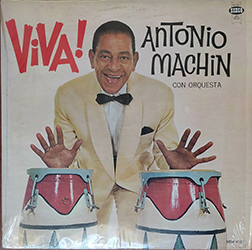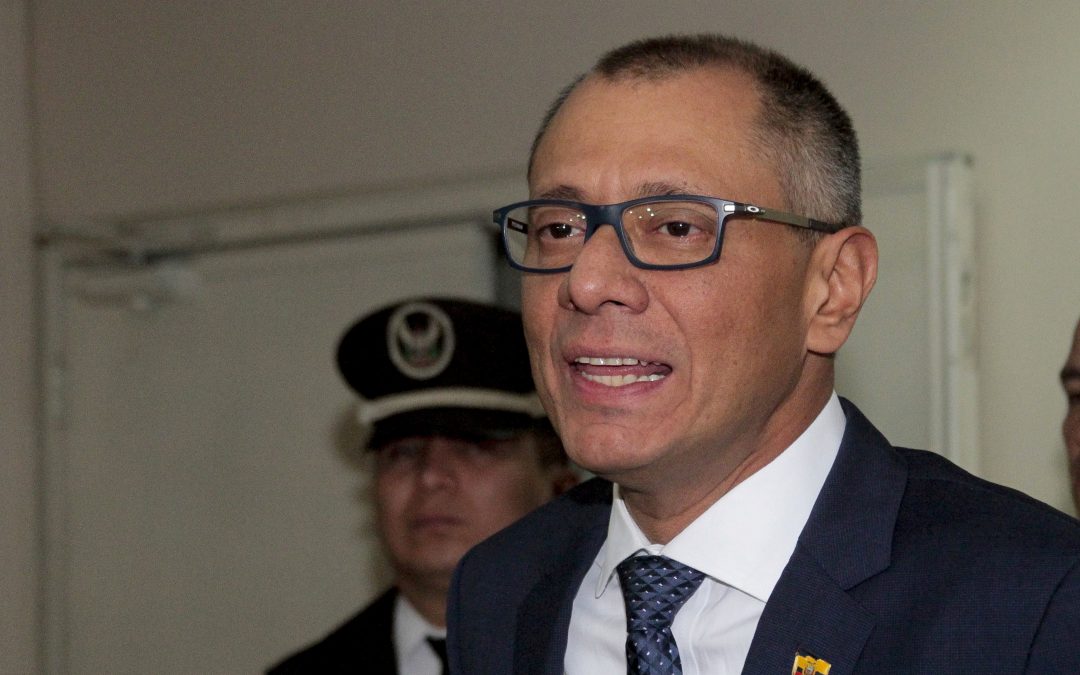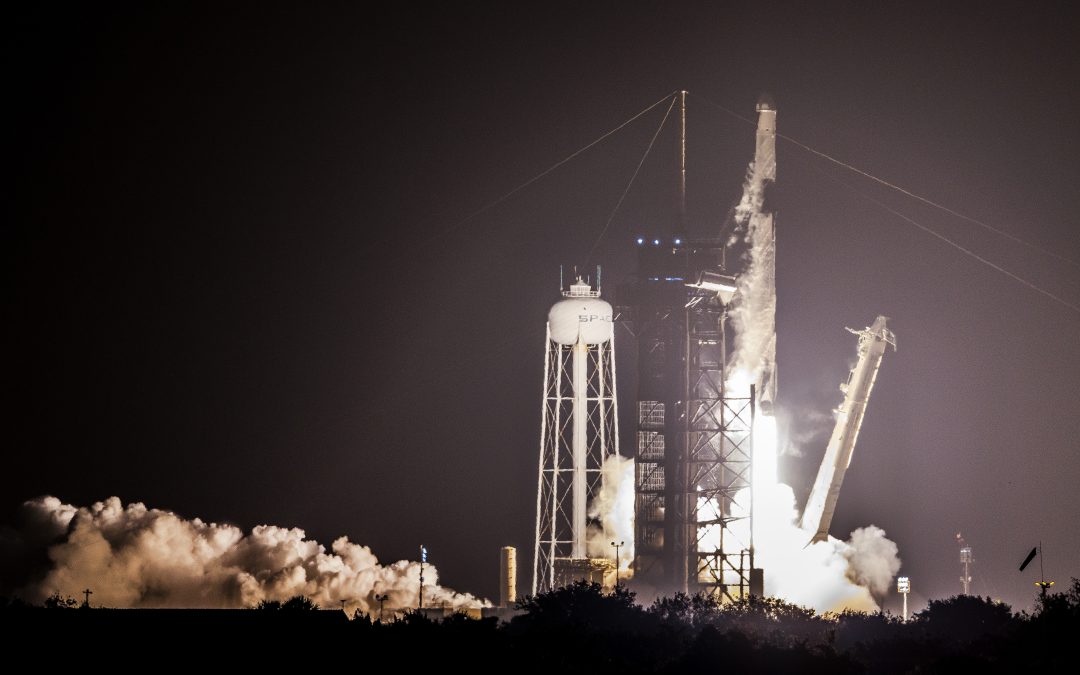Este mes de agosto se conmemora el 45 aniversario del fallecimiento del reconocido cantante cubano Antonio Machín. Nacido en Sagua la Grande, Las Villas el 11 de febrero de 1903, Antonio Abad Lugo Machín comenzó su carrera como integrante de varios tríos, cuartertos y sextetos. En 1924 integró un dúo con Miguel Zaballo, y luego se incorporó al Trío Luna con Enrique Peláez y Manuel Luna. Dos años después integró la orquesta de Don Azpiazú, con la cual viajó a Nueva York en 1930. Allí, se radicó tras el éxito de El manisero, la primera canción cubana exitosa en los Estados Unidos. Luego, Machín formó el Cuarteto Machín y el Sexteto Machín, cosechando aún más éxitos. A finales de la década de 1930, Machín se mudó a Madrid, España, donde permaneció hasta que falleció el 4 de agosto de 1977. Hoy, su legado musical aun vive, especialmente en las grabaciones de sus éxitos musicales El manisero, Dos gardenias, Madrecita y Angelitos negros.
45 Years Without Antonio Machín (1903-1977)
This August marks the 45th anniversary of the passing of renowned Cuban Singer Antonio Machín. Born in Sagua la Grande, Las Villas on February 11, 1903, Antonio Abad Lugo Machín began his career as a member of several trios, quartets, and sextets. In 1924, he joined a duet with Miguel Zaballo, and later joined the Trío Luna with Enrique Peláez and Manuel Luna. Two years later, he joined Don Azpiazú’s orchestra, travelling with him to New York in 1930. He settled there following the success of El manisero (The Peanut Vendor), the first hit Cuban song in the United States. Later, Machín formed the Machín Cuartet and the Machín Sextet, earning even greater success. Towards the end of the 1930s, Machín moved to Madrid, Spain, where he remained until his passing on August 4, 1977. Today, his musical legacy remains alive, especially in the recordings of his musical hits El manisero, Dos gardenias (Two Gardenias), Madrecita, and Angelitos negros (Little Black Angels).













0 comentarios